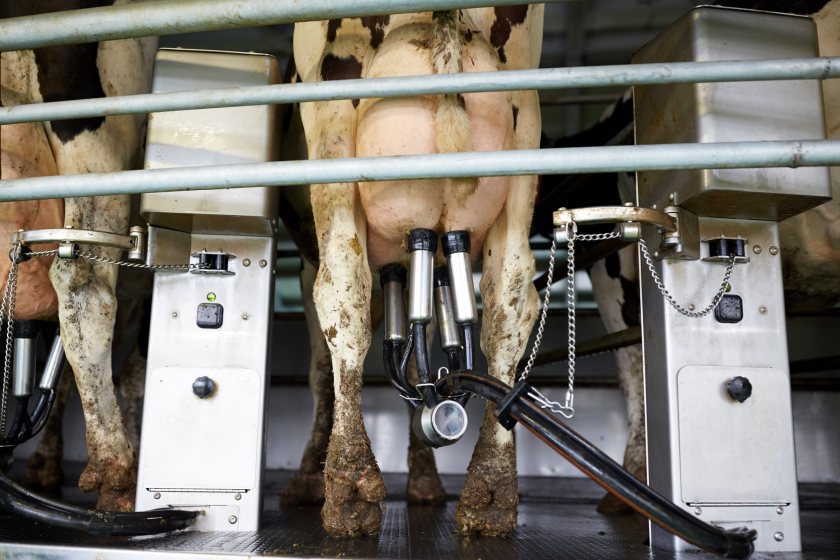
New legislation on dairy contracts has finally come into force after more than a decade of campaigning by sector bodies calling out unfair practices.
The new rules, which rolled out on 9 July, have applied to all new contracts made for the purchase of milk from a producer.
They aim to establish transparency and accountability across the dairy supply chain by stopping contract changes being imposed without agreement.
There will also be a system in place to enable farmers to verify the calculation of variable prices.
Previously, dairy farmers had little influence or power with regards to the terms under which they sell their milk.
The Fair Dealing Obligations (Milk) Regulations 2024 also include an enforcement regime, backed up by the ability for the Defra Secretary to impose substantial financial penalties in respect of any breaches.
NFU dairy board, chair Paul Tompkins said the implementation of the new regulations marked a significant step in a long road of campaigning to improve fairness across the supply chain.
He said: “The NFU has long been campaigning for fairer contracts to aid trust and collaboration across the supply chain and prevent some of the worse abuses of power which one-sided contract terms allowed.”
"Any new contract offered to a producer must be compliant with the new regulations. This means, among other things, it must offer a clear, transparent price or pricing schedule.
Mr Tompkins emphasised the significance of the creation of a level playing field for both farmers and purchasers, where farmers can be sure they are being treated fairly by their buyers.
“Confidence in your dairy contract and confidence in those you are doing business with is vital when it comes to long-term business planning and certainty for the future,” he added.
“For a fully functioning supply chain we must also see the regulations pave the way for better farmer representation and cross industry collaboration. Risk must be shared across the supply chain, as should reward.”
Mr Tompkins also underlined the importance of continued conversation with the new Agricultural Supply Chain Adjudicator (ASCA).
“We will continue to work closely with the new ASCA and his office to help the industry adjust to the new regulations, while ensuring producers are confident when raising a genuine complaint with the ASCA office that it will lead to action.
“We must all work together to ensure that this fundamental piece of work delivers for our industry and for farmers across the UK.”
What is included in the new dairy regulations?
• Farmers have clearer pricing terms, with contracts setting out the factors which generate the milk price and allowing farmers to challenge prices if they feel this process isn’t being followed.
• Changes to contracts can’t be imposed on farmers without their agreement. This will encourage dialogue between the parties where changes do need to be made – improving trust within the supply chain.
• Farmers’ contracts will include a straightforward way to raise concerns about their contracts, promoting accountability and timely issue resolution.
• There will be clear rules put in place on notice periods and contractual exclusivity, protecting the rights of both buyers and sellers.
• An enforcement mechanism is created to guarantee the regulations are followed, ensuring a fully fair and transparent dairy industry on a solid foundation to thrive in the future.
